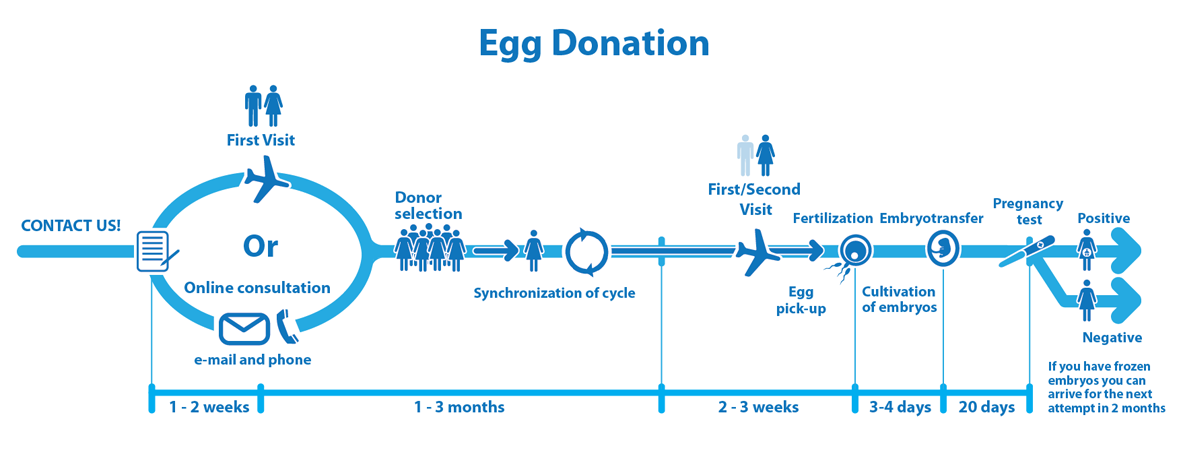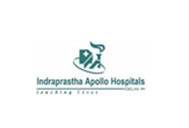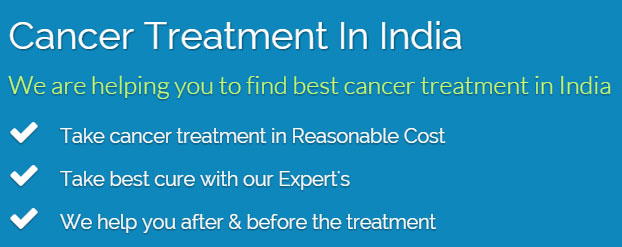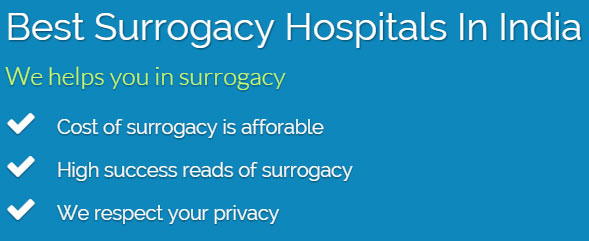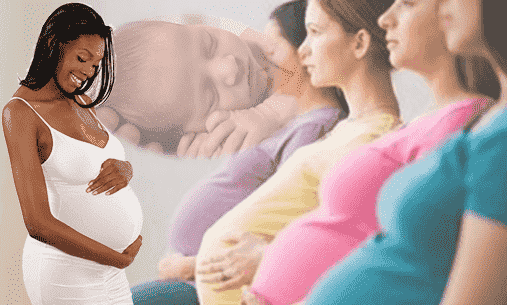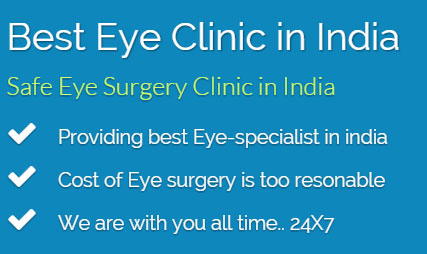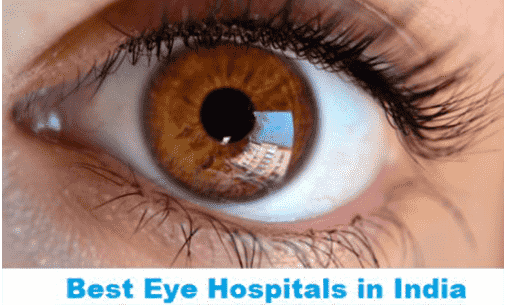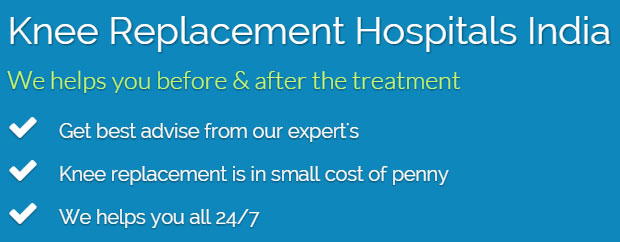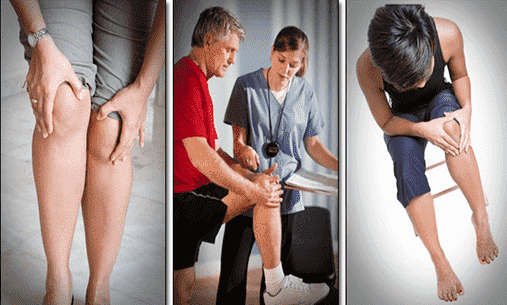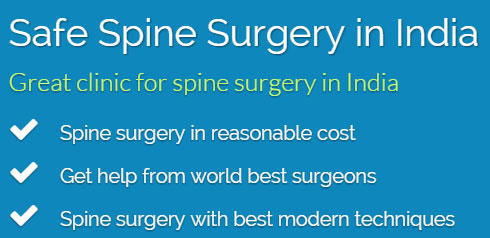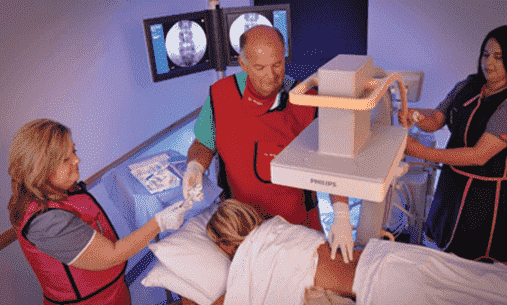Donation Clinic in Mumbai India
Egg Donation Clinic in Delhi India
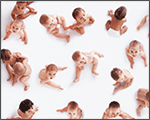 Egg Donor Clinic Delhi India: Egg donation is the process by which a woman provides several eggs (ova, oocytes) for another person or couple who want to have a child.
In egg donation, eggs are borrowed from a young woman (less than 33 yrs of age) called the donor, with her consent. These eggs are then fertilized with the sperms of the husband of the recipient woman and the resultant embryo (the earliest form of the baby), is inserted into the womb of the recipient. Radiation or chemotherapy destroys the eggs and hence these women have a failure of their ovaries.
Egg Donor Clinic Delhi India: Egg donation is the process by which a woman provides several eggs (ova, oocytes) for another person or couple who want to have a child.
In egg donation, eggs are borrowed from a young woman (less than 33 yrs of age) called the donor, with her consent. These eggs are then fertilized with the sperms of the husband of the recipient woman and the resultant embryo (the earliest form of the baby), is inserted into the womb of the recipient. Radiation or chemotherapy destroys the eggs and hence these women have a failure of their ovaries.
Indications for Egg Donation India
Egg Donation Clinic in India: Egg donation can also be perfomed on women who have had multiple cycles of test-tube baby (IVF or ICSI) and have still failed to conceive and become pregnant. Besides elderly or menopausal women, egg donation can be done in younger women whose ovaries have prematurely failed or in young women who have undergone radiation or chemotherapy for cancer. Egg donation is also used in patients who are carrying major chromosomal defects so that they do not pass the genetic defect to their children. Patients suffering from severe Tuberculosis and severe Endometriosis may also produce poor quality eggs and hence can be treated by egg donation.
Egg Donation Procedure in India
Egg donors are recruited, screened, and give consent prior to participation in the IVF process.During egg donation, the donors is given injections to produce many eggs.
The time taken for the procedure is 15minutes.It's a short procedure and you can normally go home the same day. The collection itself is carried out under what they call 'heavy sedation' and seems to be a case of poking a probe into the vagina and using a very fine needle to extract the eggs from the ovaries. The donor can return home three to four hours' after the procedure. The eggs are then fertilized with the recipient's husband's sperms in the laboratory, either by IVF or ICSI and kept in the incubator for two days.
Incase the recipient's husband's sperm is of poor quality; the eggs can be fertilized by the technique of Intra Cytoplasmic Sperm Injection (ICSI). Two days later, a four-celled embryo is formed. Three days later, an eight-celled embryo is formed or five days later a multi-celled Blastocyst is formed. This embryo (small baby) is then transferred back to the womb either at the four cells, eight cells or the Blastocyst stage. 30 to 40% of such women will become pregnant. Incase they fail to become pregnant they can have a repeat egg donation cycle. Many women undergo two to four cycles and achieve their goal of a child.

Why Egg Donation ?
There are many different ways that couples get to the point of considering egg donation. For some couples, an Egg donor procedure is the next step after they have tried every possible avenue to get pregnant with their own eggs. Some couples, on the other hand, knew even before they got married that they could not conceive with their own eggs. Some couples have considered the option of egg donation for months or even years before coming to a practice to discuss this option. Others have only thought about it for a few days and in some cases, may have just been told that day by their doctor that their only chance of experiencing a pregnancy is to use an egg donor. How long they have thought about being a recipient and why they need to be a recipient will influence how a couple responds to their orientation meeting. Typically, as the international couple decides for egg donation they then have three sorts of telephonic meetings: a meeting with the medical doctor, a meeting with the mental health professional and/or the ovum donor coordinator, and a detailed Curriculum Vitae with the photo of the prospective Egg donor (s).
Genetic Mistakes - Genetic Treatment India
What sorts of success rates have practices in India been having with this procedure ?
Patients want to know whether they stand a reasonable chance of success. It helps them compare the odds of getting pregnant using this procedure with other alternatives they may be contemplatingWhat are the legal aspects of Egg Donation procedure in India ?
Recipients are usually concerned about whether a donor might try to find the baby and claim it as her baby. Paradoxically, donors have the opposite concern, namely, that at age 18, the baby will find them and ask for a car or college tuition.What are the parenting issues ?
Many couples contemplating egg donation focus on how they might be different from others because they used an egg donor. But what they have not considered is how differently they would be viewed by others.
Who are the recipients and what are their concerns ?
As they participate in the orientation meeting and think about the issues we cover, most couples experience stress. In thinking about embarking on an ovum donor procedure, you may have many questions, concerns and anxieties. We have two overarching strategies to lower stress and anxiety. The first approach is called social comparison. You can reduce their anxiety by comparing their concerns with those of others who are "in the same boat." The second approach is called social support. You can reduce stress and anxiety by turning to other people as a source of social support in this difficult endeavor.
What is involved in selecting a donor ?
Having discussed all of this material, we talk with the couple about what they are looking for in a donor. During this discussion, the issues of grieving for the lost biological connection often resurface as women look for a donor who can provide the child with those qualities they hoped to pass on to their baby. We try to help the couples attain a balance between finding the qualities that are really critical to them and giving up some requirements that are less important.Who are the recipients and what are their concerns ?
As they participate in the orientation meeting and think about the issues we cover, couples experience stress. In thinking about embarking on an ovum donor procedure, you may have many questions, concerns & anxieties. We have two overarching strategies to lower stress and anxiety. The first approach is called social comparison. Reduce their anxiety by comparing their concerns with those of others who are "in the same boat."Specifically, You Want to Know : -
- Do most other couples tell anyone that they are doing an egg donor procedure ?
- How does the decision to have an "egg donor baby" typically affect a recipient's relationship with her partner ?
- Are recipients able to love their baby ?
- Do recipients later regret their decision to use an egg donor ?
The answers to these questions are not simple. Some "types" of recipient couples do things differently from other "types" of recipient couples. In order to compare themselves with other recipient couples, it is important for the partners to understand the various "types" of couples and determine which category they belong to.
We have constructed a typology of egg recipient couples. In constructing our typology,
Couple status with respect to these factors influences whether others view them as "deviant" or "atypical." Sometimes these views are actually held by others; sometimes, others may not actually hold these views, but recipients may believe that others hold these views. In either case, the actual or perceived views have implications for the social support strategy of stress reduction
EGG DONATION TREATMENT IN INDIA INCLUDES
- Age factors : -
- How old is the woman ?
- How old is the man ?
- Are the partners roughly the same age, or is the woman more than 4 or 5 years older than her partner ?
- Marital factors : -
- Has the woman been married before ?
- Has the man been married before ?
- Does either of the partners have children from a previous marriage? If yes, how old are these children ?
- Life cycle issues : -
- Did the woman start trying to have children at about the same time as her friends and relatives or did she decide to try much later in life or many years further into her marriage ?
- If the woman were to have a baby this year, would she be considered a "much older mom" ?
- Does this woman have a child that she gave birth to, or is she different from her peers because she never gave birth to a child ?
- Medical Issues : -
- Did the couple know, before they got married, that the woman had a medical problem that would prevent her from conceiving a child ?
- Did the woman go into menopause at a very young age ?
- How long has the couple been in treatment ?
We Care Health Services Hospitals
Copyright © 2009 - 2015 We Care India. All Rights Reserved.
Home | About Us | Site Map | Get a Quote | Disclaimer | Advertise With Us | Contact Us
